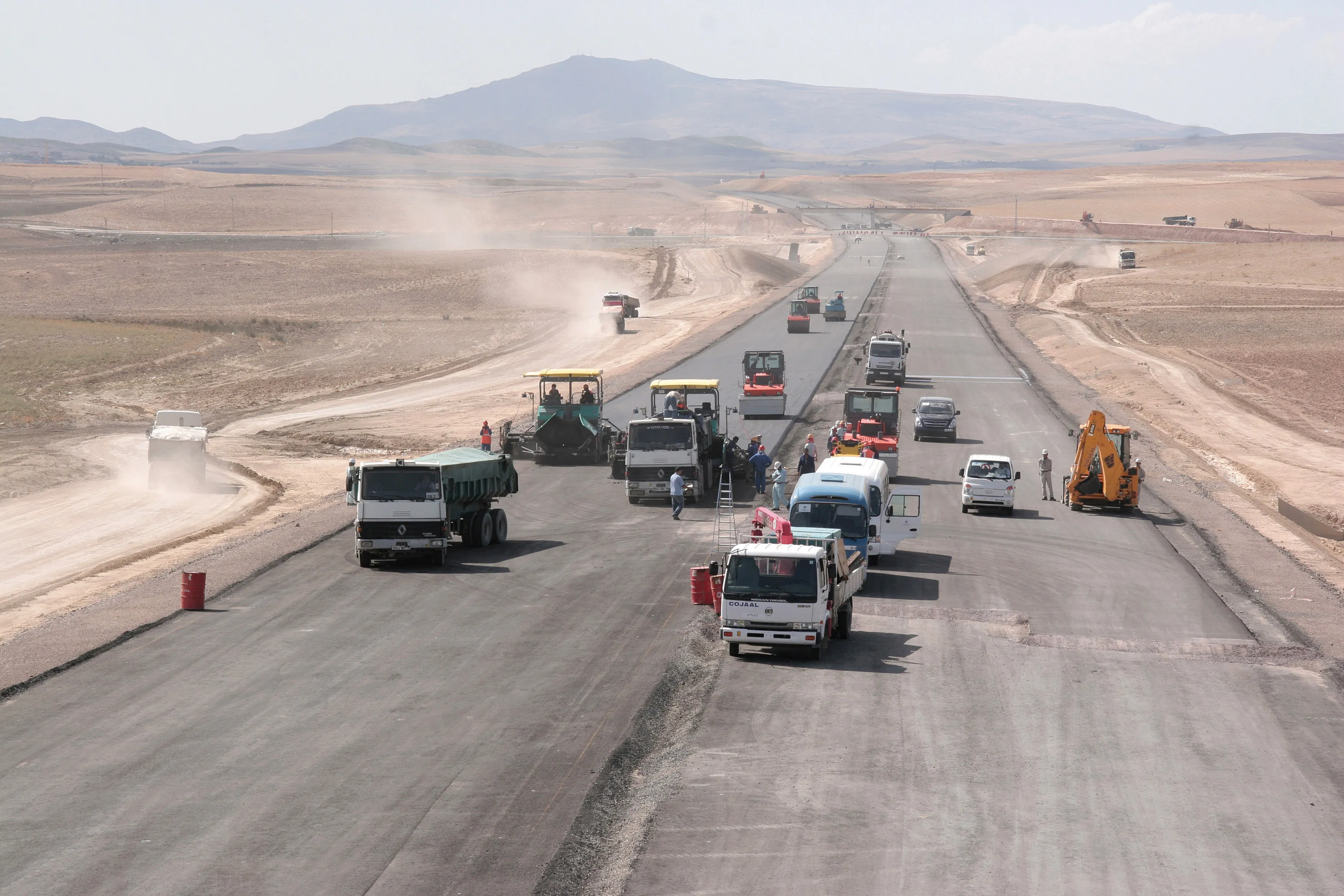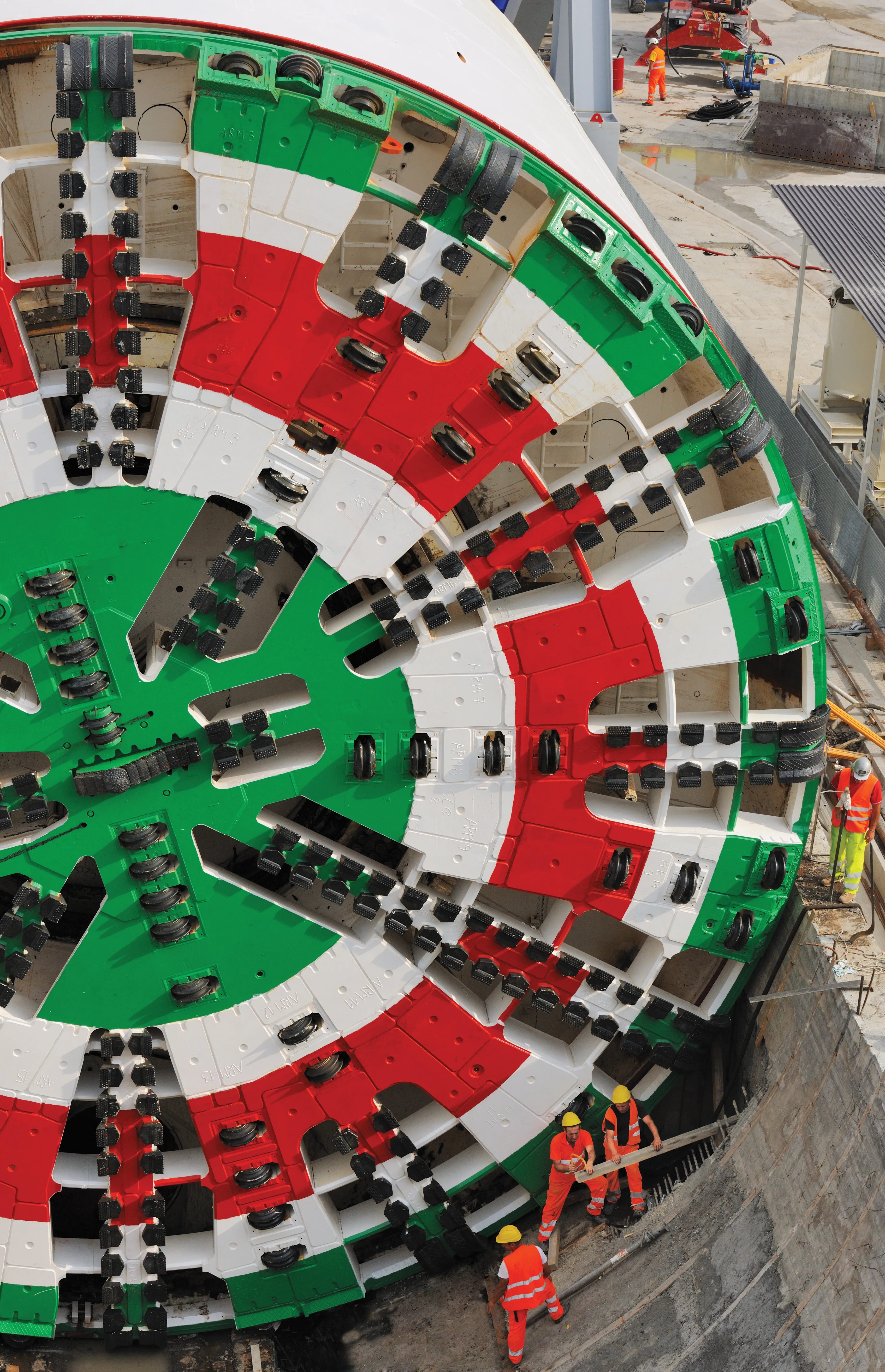The highway is being built by Morocco, Algeria and Tunisia, known as the Maghreb region (in Arabic: the West), as well as in Libya. Construction of the longest section, the one running through Algeria and extending over 1,200km, began in March 2007 and is scheduled due for completion shortly.
February 27, 2012
Read time: 2 mins

The highway is being built by Morocco, Algeria and Tunisia, known as the Maghreb region (in Arabic: the West), as well as in Libya. Construction of the longest section, the one running through Algeria and extending over 1,200km, began in March 2007 and is scheduled due for completion shortly. The economic importance of this major project is tremendous as the road building project has created some 100,000 new jobs in Algeria alone, with the number of jobs created indirectly expected to reach two to three times that figure.
The highway passes 55 cities with a total population of more than 50 million, 22 international airports, as well as the largest ports and the most important industrial areas. It has three lanes in each direction and runs across Algeria from East to West, passing over 190 bridges and through five tunnels. After completion, the travel time from the Tunisian-Libyan border to Morocco will just 10 hours.
Libya and Mauritania are also members of the Union of the Arab Maghreb (UAM) and are also involved in the project. In the medium term, this highway will traverse the whole of North Africa. And there is even the possibility of a tunnel beneath the Straits of Gibraltar between Morocco and Spain to connect North Africa to Europe.
The highway passes 55 cities with a total population of more than 50 million, 22 international airports, as well as the largest ports and the most important industrial areas. It has three lanes in each direction and runs across Algeria from East to West, passing over 190 bridges and through five tunnels. After completion, the travel time from the Tunisian-Libyan border to Morocco will just 10 hours.
Libya and Mauritania are also members of the Union of the Arab Maghreb (UAM) and are also involved in the project. In the medium term, this highway will traverse the whole of North Africa. And there is even the possibility of a tunnel beneath the Straits of Gibraltar between Morocco and Spain to connect North Africa to Europe.








